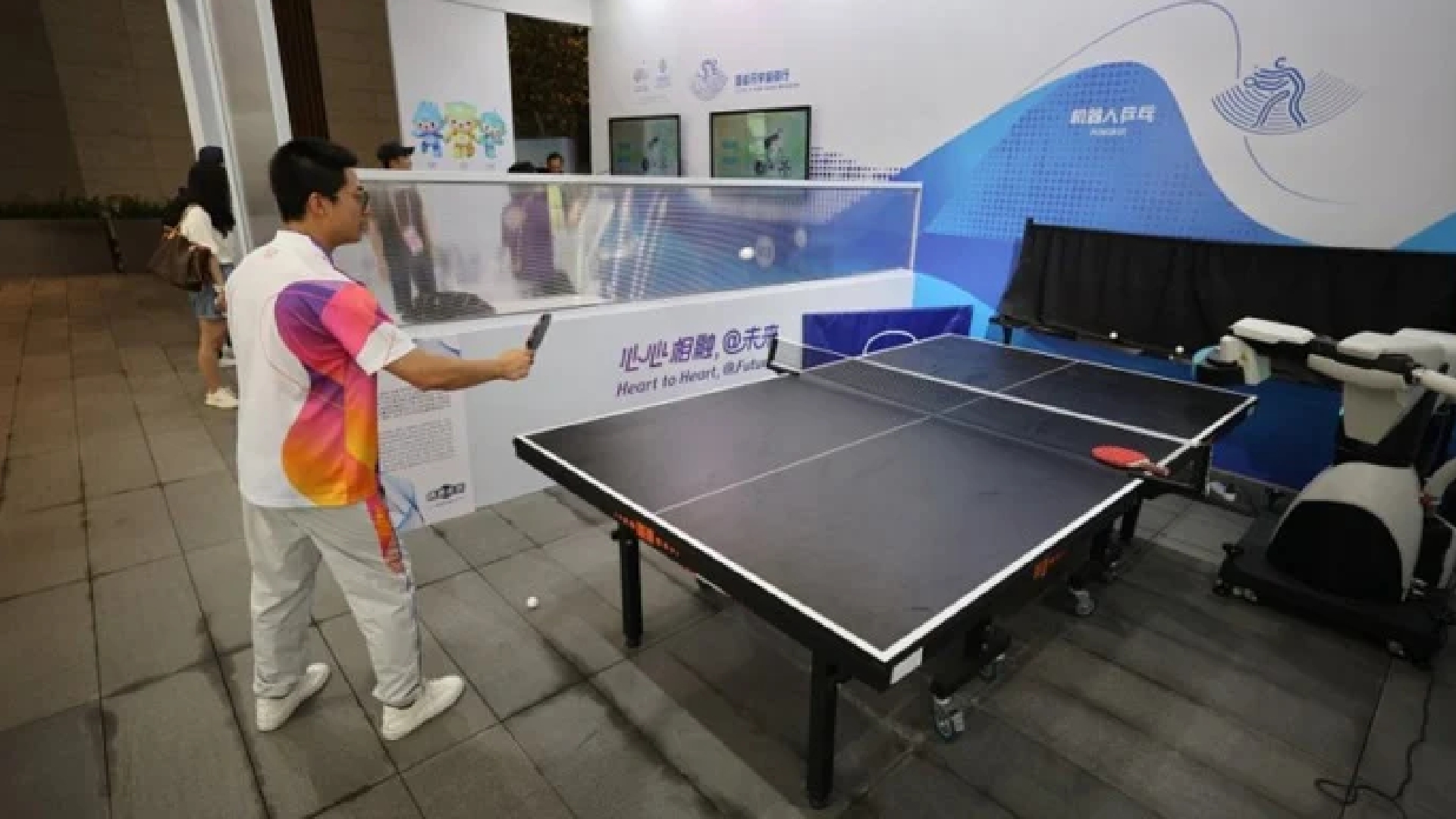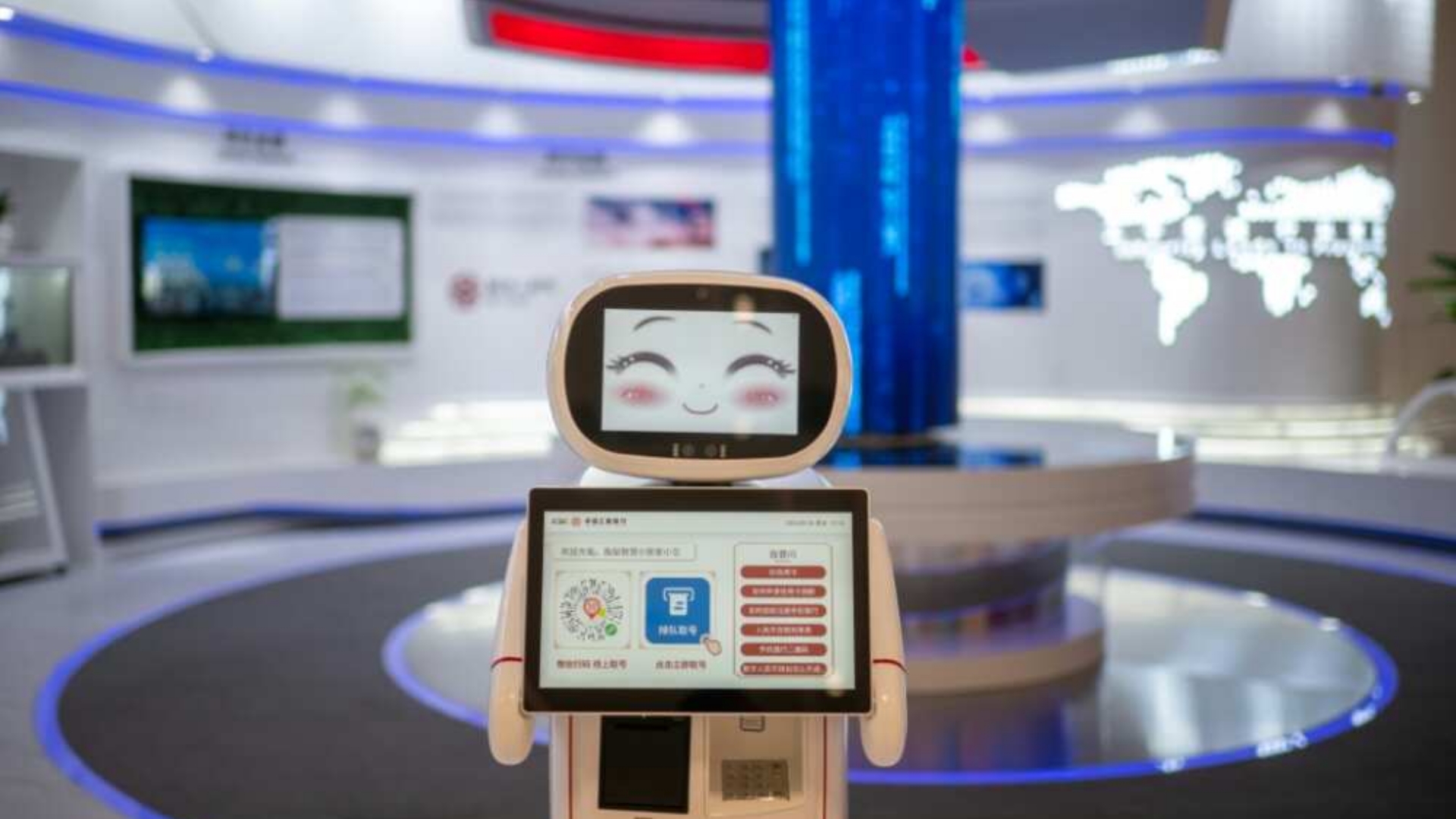The Asian Games in China are being dominated by machines.

Do you think robots will take over the Asian Games? I suppose it is the future, but are we prepared for it? Let us all see what it looks like, because China is making it possible.
Machines dominate the scene at the Asian Games in China, from autonomous insect eliminators to android pianists and driverless ice cream vans. After a one-year delay due to COVID-19, the games begin on Saturday, welcoming over 12,000 athletes as well as several journalists, technical staff, and spectators to Hangzhou.

Hangzhou, the epicenter of China's innovation economy, has a multitude of robots and fantastic technologies ready to assist, entertain, and police regulations for participants. For example, an automated mosquito catcher roams the vast Games Village, enticing and zapping mosquitoes by replicating human body temperature and breath.
Robot "dogs'' that can run, jump, and flip over patrol power-supply installations. Smaller versions dance while a brilliant yellow robot plays the piano. Visitors will be shuttled by driverless mini buses through the nearby city of Shaoxing, which is home to baseball and softball venues. Athletes can test their reflexes against a "Pongbot'' table tennis player.
A blushing plastic-and-metal receptionist with a number pad and card slots embedded into its torso greets customers at a makeshift bank in the vast media center. Even the venues were erected with the assistance of construction robots, which the organizers describe as "very cute, with unique skills."
The mascots are three humanoid robots — Congcong, Lianlian, and Chenchen — whose happy faces cover enormous signs across Hangzhou and other neighboring host cities, exemplifying China's eagerness to emphasize the theme at the Games.

Hangzhou, a city in eastern China, is home to digital companies and a burgeoning robotics sector, with the goal of closing the gap on industry leaders in the United States and Japan. DEEP Robotics has advanced models that can walk through construction rubble and up pedestrian bridges, while office workers get their lunch from vending machines that steam food and collect data on client preferences.
AI-enabled humanoid robots have sparked fears that they would render millions of professions obsolete, but DEEP Robotics believes they will aid humans rather than replace them.
